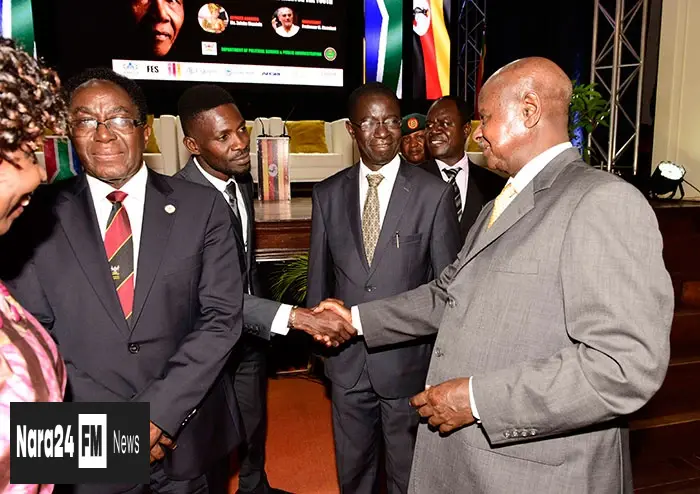Benjamin Netanyahu's coalition government narrowly avoided collapse early Thursday when Israeli lawmakers rejected an opposition motion to dissolve the Knesset. The high-stakes parliamentary showdown ended with the ruling bloc securing 61 votes against dissolution in the 120-seat legislature, overcoming 53 votes in favor.
The political crisis centered on Israel's divisive conscription policies. Opposition groups had seized on tensions within Netanyahu's coalition regarding exemptions for ultra-Orthodox seminary students from mandatory military service. Yair Lapid's centrist Yesh Atid party spearheaded the dissolution initiative, hoping to force early elections by exploiting fractures among the ruling parties.
"After extensive negotiations, we've established foundational agreements for the military service legislation," announced Yuli Edelstein, chairman of the Knesset's Foreign Affairs and Defense Committee. His declaration signaled a crucial compromise between Netanyahu's Likud party and ultra-Orthodox coalition partners Shas and United Torah Judaism.
The eleventh-hour agreement prevented a rebellion that could have toppled the government. Ultra-Orthodox factions had previously threatened to support the dissolution motion unless guarantees were secured regarding military exemptions—a longstanding arrangement dating to Israel's founding that allows full-time religious scholars to avoid service.
Opposition lawmaker Merav Michaeli lambasted the outcome, asserting: "Replacing this destructive administration is more urgent than ever. Their policies endanger Israel's fundamental interests." Her remarks underscored deepening political divisions as Israel's military engagement in Gaza approaches its ninth month.
Military conscription requirements have intensified as a flashpoint during the prolonged Gaza conflict. With the Israel Defense Forces sustaining significant deployments, pressure mounted within Netanyahu's Likud party to bolster troop numbers by ending exemptions for the ultra-Orthodox community. This push met fierce resistance from religious coalition partners who view Torah study as equally vital to national security.
Finance Minister Bezalel Smotrich framed the parliamentary challenge as perilous during wartime: "History won't absolve those forcing elections amid existential threats. There remains an urgent national security imperative for broader participation in national service." His warning reflected concerns that political instability could undermine military operations.
The resolution delays but doesn't resolve the underlying conscription dilemma. While ultra-Orthodox parties temporarily abandoned their revolt, they secured only interim assurances. Meanwhile, opposition forces must wait six months before introducing another dissolution bill. The compromise reportedly outlines gradual increases in ultra-Orthodox enlistment while preserving exemptions for elite religious scholars.
Netanyahu's coalition—considered among Israel's most right-wing governments—has weathered repeated crises since forming in December 2022. This latest survival extends its tenure during a period marked by unprecedented military engagement and global scrutiny. The prime minister now faces dual challenges: maintaining religious-secular unity within his coalition while managing wartime operations that continue to demand personnel and resources.








Comments (0)
Leave a Comment
Be the first to comment on this article!